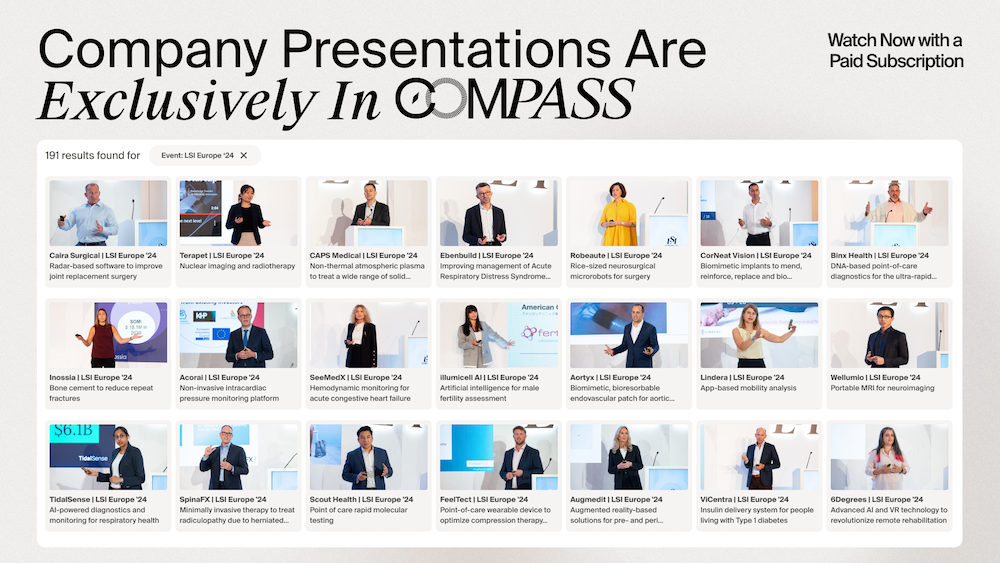- Video Library
- Jodi Akin, Hawthorne Effect - Making Clinical Trials Accessible | LSI Europe '22
Jodi Akin, Hawthorne Effect - Making Clinical Trials Accessible | LSI Europe '22
shaping the future of
Medtech at LSI USA ‘26
Waldorf Astoria, Monarch Beach

Jodi Akin
Jodi is a healthcare executive, leader, innovator, advisor and serial entrepreneur. She has more than 20 years experience in clinical development, scientific and regulatory strategy, management and medtech market development from start-ups to S&P 500 companies. Prior to founding Hawthorne Effect, Inc., Jodi was Global VP Clinical Affairs at Edwards Lifesciences, LLC- where she led the seminal clinical trials and regulatory approvals for transcatheter heart valve therapy. Also a humanitarian, Jodi led international healthcare initiatives including Heart To Heart International Children's Medical Alliance, The Nahapetov Friendship Foundation and the China Heart Group, a joint venture with the United Nations Industrial Development Organization. She holds an undergraduate degree in Foreign Service from Georgetown University, Masters in Physiology and Nursing from Pace University, New York and 8 patents with a few more pending.
Jodi Akin
Jodi is a healthcare executive, leader, innovator, advisor and serial entrepreneur. She has more than 20 years experience in clinical development, scientific and regulatory strategy, management and medtech market development from start-ups to S&P 500 companies. Prior to founding Hawthorne Effect, Inc., Jodi was Global VP Clinical Affairs at Edwards Lifesciences, LLC- where she led the seminal clinical trials and regulatory approvals for transcatheter heart valve therapy. Also a humanitarian, Jodi led international healthcare initiatives including Heart To Heart International Children's Medical Alliance, The Nahapetov Friendship Foundation and the China Heart Group, a joint venture with the United Nations Industrial Development Organization. She holds an undergraduate degree in Foreign Service from Georgetown University, Masters in Physiology and Nursing from Pace University, New York and 8 patents with a few more pending.

17011 Beach Blvd, Suite 500 Huntington Beach, CA 92647
714-847-3540© 2026 Life Science Intelligence, Inc., All Rights Reserved. | Privacy Policy







